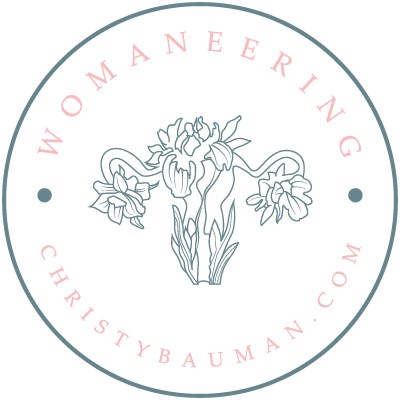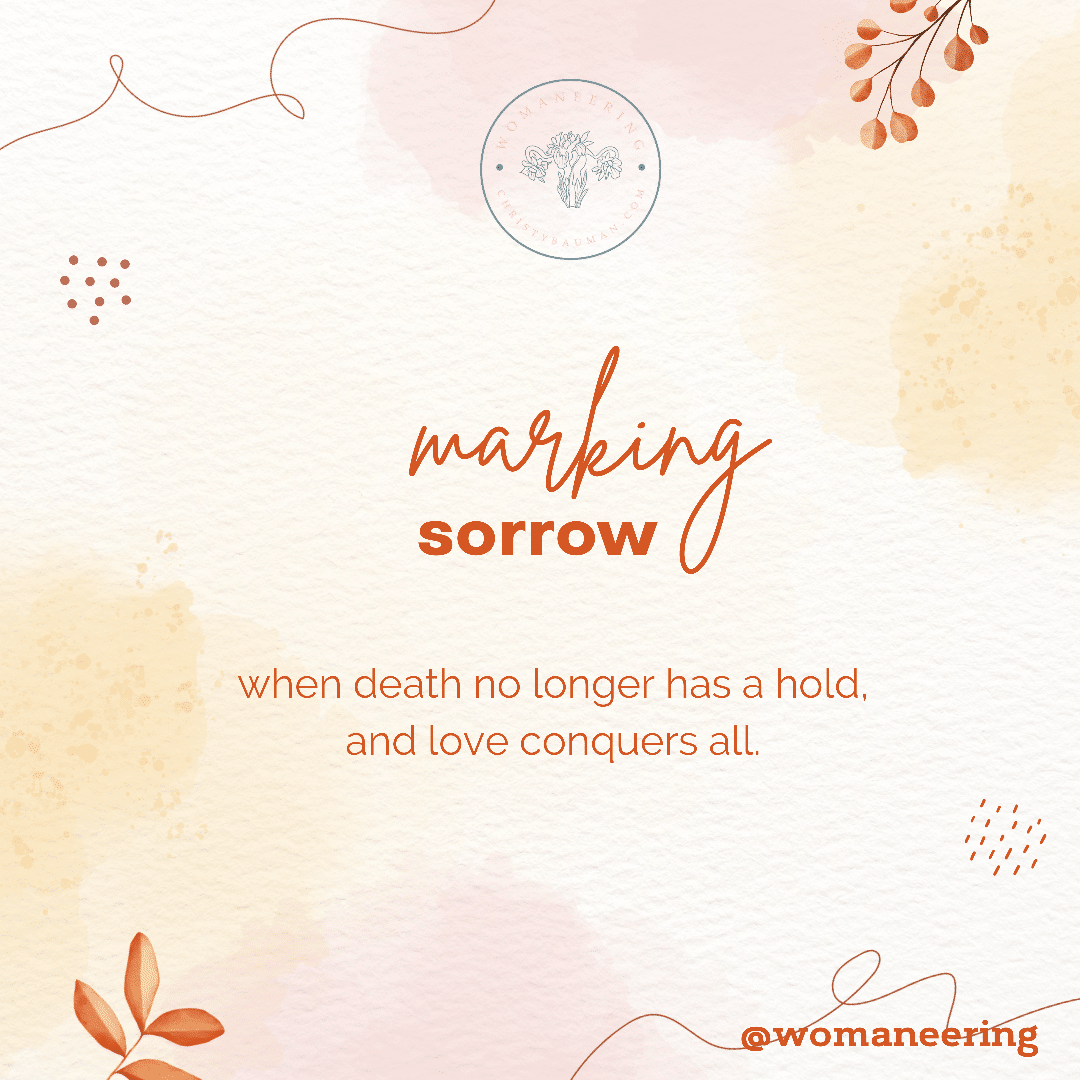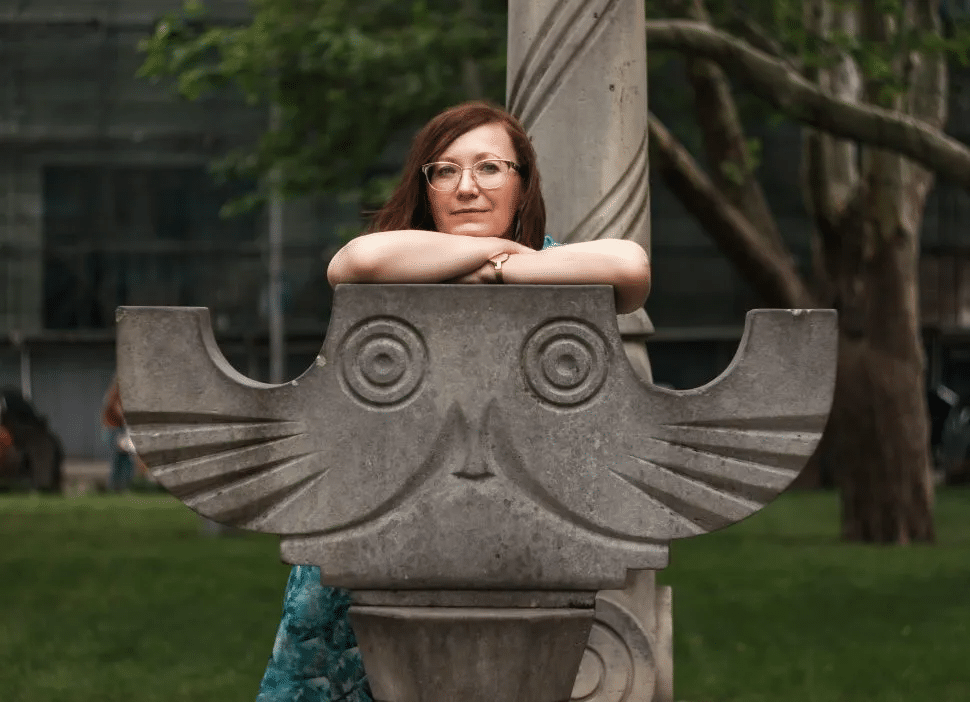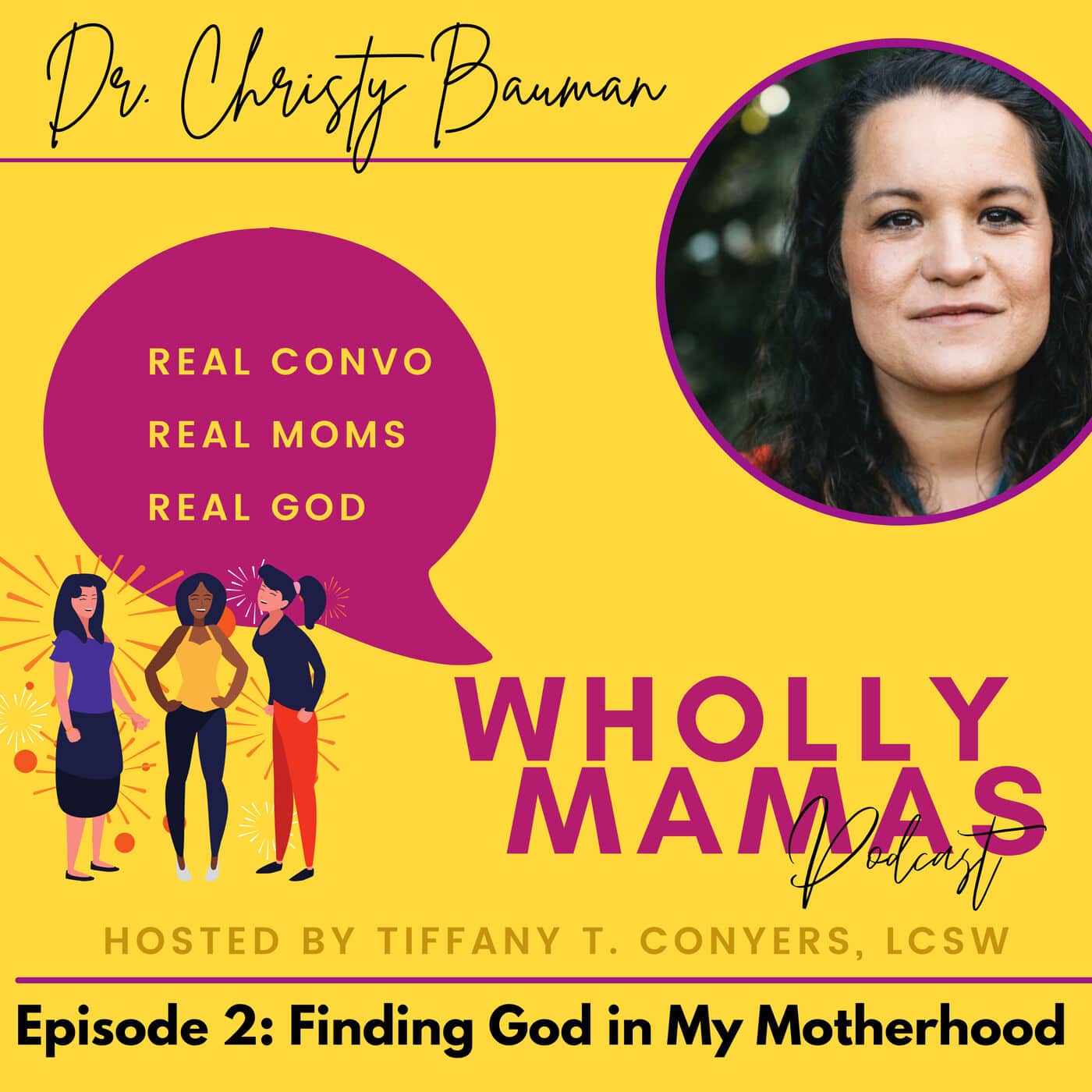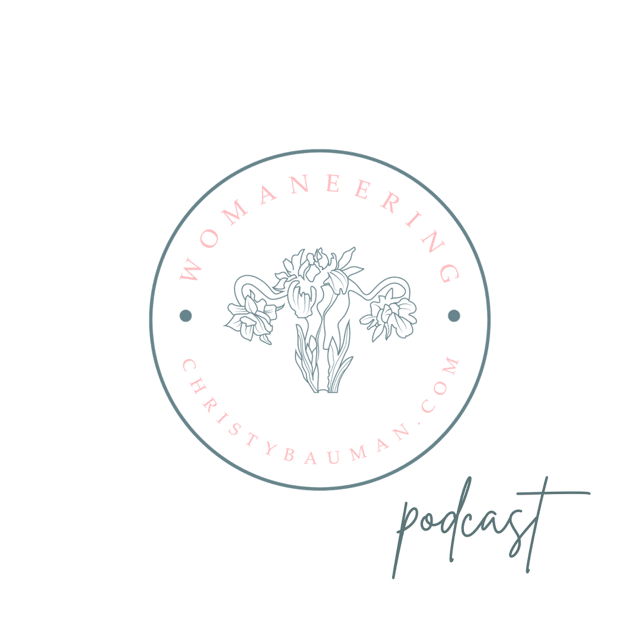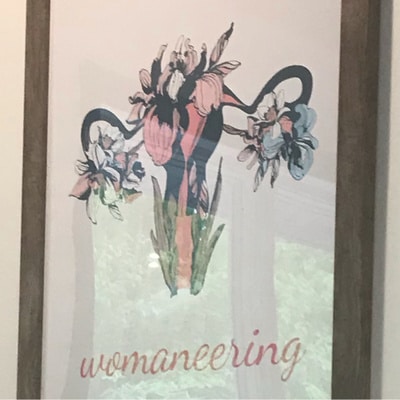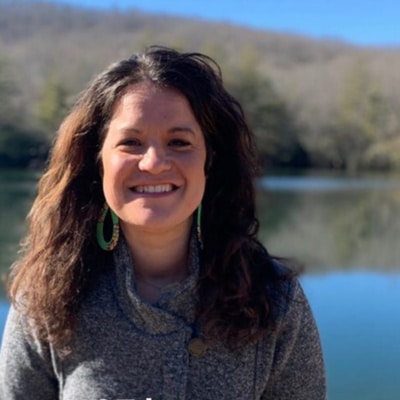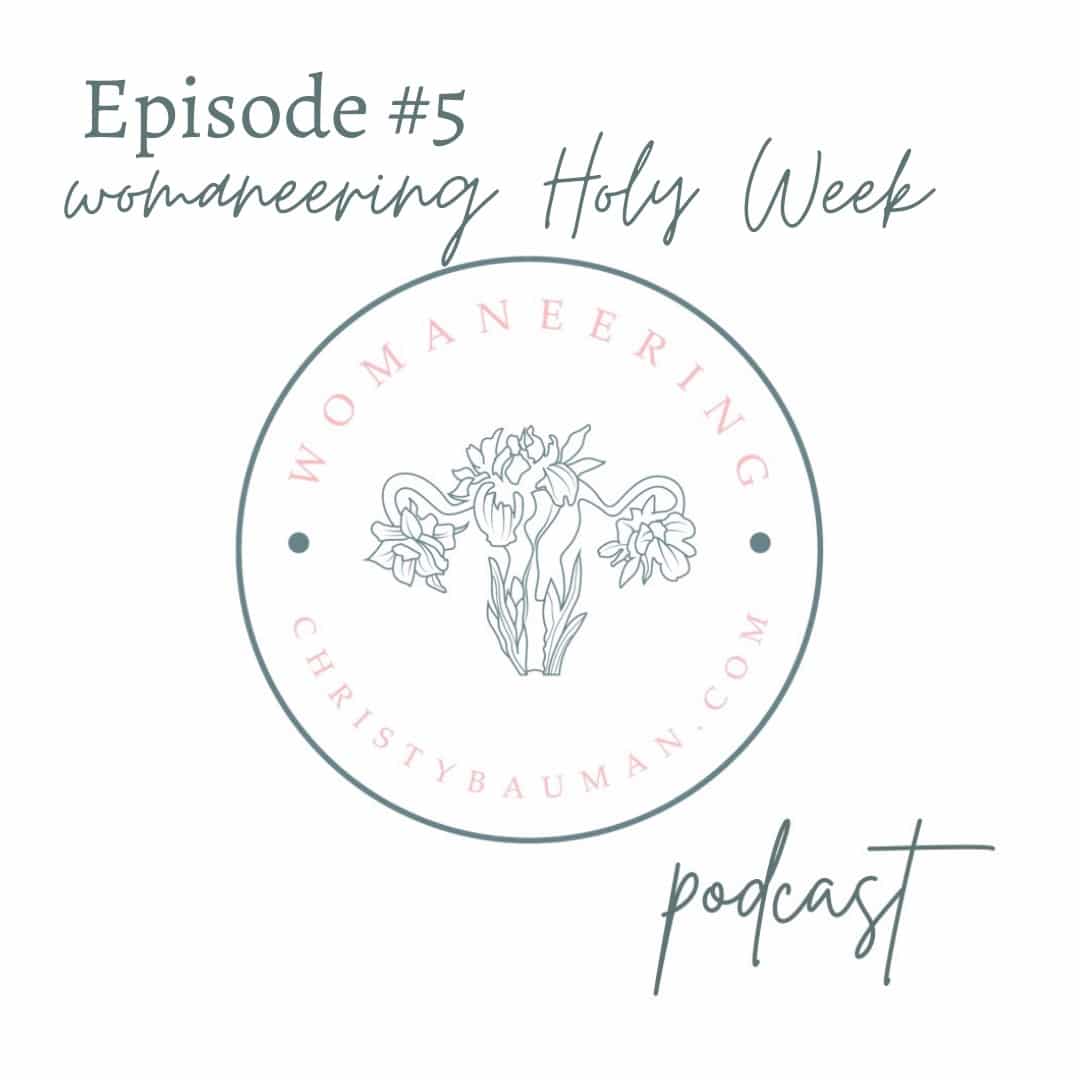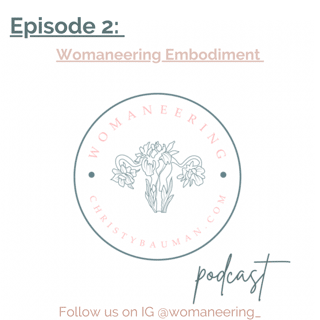Marking Sorrow: An Ode to Love & Grief
"Grief is really just love. It's all the love you want to give,but cannot.All that unspent love gathers up in the corners of your eyes,the lump in your throat, and in that hollow part of your chest.Grief is just love with no place to go."
“I am ready to go…but what about Mema?”
What is this love that I see and hear whispered between their day and night?
We smile knowingly that this is not the end for us, we are forever.
The Beginning of the End
This is reposted from Red Tent Living, the original publication can be found here.
I am sitting in my car outside a speak-easy bar in downtown Fort Worth, I am mesmerized by the sound of rain falling methodically on my windshield. Because I am twenty minutes early and nervous, I pull out my poem and scan the words, trying to memorize any phrases I have forgotten. As a young woman denied the opportunity to teach at church or in seminary classes because of my gender, I often go to spoken-word events on weekends to practice “preaching.” The spoken word community is very different from the run-of-the-mill church crowd. People of all color, gender, culture, sexuality, and spiritualities congregate to lay down a spoken word. I walk into the low-lit bar and find a table. Although I recognize a few people from the spoken word community, I don’t know anyone enough to say hello.
The night is nerve-racking for me, as poets get up and share, I continue to sit in my seat, holding the wrinkled paper in my hands, my heart-penned words waiting to be heard in an attempt to be understood. A beautiful, large Black woman gets up, and her voice echoes through the still room like a cacophony of emotions. She moves her body and her hands in a rocking sway as she
recites a story of gang rape. Her words are enrapturing and make me cringe, yet I choose to hold what she is offering, a part of her story for us. The crowd is in awe; tears fall and praise goes up until the room is once again quiet and the stage empty. The lonely microphone beckons me. I stand up, walk to the stage, voice shaking, and begin...
“My family owns slaves. I am a slave owner, and I am not sure what to do with the racism I have inherited...”
The Black woman who spoke before me looks up from her phone, her ebony eyes are patient with my white fragility. My voice cracks and I continue, pressing in harder, past my shame. I want to free my soul until I find my full voice. I continued...
“Her name was Yola, she cared for me from birth through college, I was closer to her than my own grandmother.”
Growing up in a small town in Southern Louisiana, I was lumped into the “ignorant” culture as I was of Cajun descent; however, even my low-class status yielded me, slaves. My great-grandmother, grandmother, and my own mother all had black women in their homes to care for their house and kids. These black women mothered me. It wasn’t until I received an email during my college years that told me of my dear Yola’s death that I realized I was her slave owner.
There is something terrible about the fear of being misunderstood. At our core, we want to be known.
My uncle had sent word that she had died, and our family had sent flowers as an act of condolence. I did not attend her funeral. Although I would have been allowed, I was not invited.
After Yola died, I discovered that I did not really know her. In fact, I did not actually know her full name—Leola; she had always gone by a family nickname. I also did not know that she had thirteen children, for I had never met any of them. These brutal realizations made me realize I was not her beloved, but rather, I was her work. My relationship with Leola was situated in a hierarchy—my family paid her less than $3 an hour to take care of everything in my grandmother’s home, including me. The death of Leola was the beginning of the unveiling of my inherited racism. It would take a year after her death, but I would make my way—alone—to her grave. I wept, apologized, and sang the song she always sang to me when she rocked me in her arms.
“Oh freedom, ooooh freedom, oh freedom over me. And before I’ll be a slave, I will be buried in my grave and go home to my Lord and be free.”
White fragility is defined as the discomfort and defensiveness on the part of a white person when confronted with information about racial inequality and injustice. Racism is not disproved by niceness. Austin Channing Brown, author of I’m Still Here: Black Dignity in a World Made for Whiteness, explains,
“When you believe niceness disproves the presence of racism, it’s easy to start believing bigotry is rare, and that the label racist should be applied only to mean-spirited, intentional acts of discrimination. The problem with this framework—besides being a gross misunderstanding of how racism operates in systems and structures enabled by nice people—is that it obligates me to be nice in return, rather than truthful.”
My love and close proximity with Leola do not discredit my racism. I inherited my family’s systemic structure of racism and slavery. I no longer want Black people to coddle me; I want to build a stronger muscle than white fragility. I want to build a stronger faith than the limited one I have inherited of oppression. Standing in the dimly lit bar in downtown Ft. Worth, I muster all the courage I have to finish that poem.
“Thank you, Black grandmothers, thank you, Black mothers, thank you, Black women, for seeing me and mothering me, a slave owner.”
I finish the poem; there is no roar from the crowd, just a few snapping fingers can be heard. There are nods of acknowledgment at my courage as a few other white people stand up from their seats and bow their heads with ownership of their own racism. When the night ended, I stood outside putting my rain jacket on before running to my car, the Black female poet was standing there smoking a cigarette. “Thank you for your poem,” I said, “truly, your words will stay with me for many years.” She smiled, blew out her smoke, and paused before saying, “your courage will stay with me as well.”

Womaneering the Red Tent
In this episode of womaneering the Red Tent, Tracy Johnson shares a vulnerable story about what it means to build a red tent community with women. Tracy and Christy converse about the hardships and beauty of risking relationships with other women. They discuss Anita Diamante's book The Red Tent and Christy Bauman's book, Theology of the Womb. Join us for the conversation at womaneering.com or follow us on IG @womaneering_
Womaneering Holy Week
As we begin holy week, this conversation in womaneering podcast couldn’t have come at a better time. Tracy and I navigate what it means as women to live fully into our bodies through holy week. The theme of our conversation is around what is required for a woman to birth death and to be a doula in the life/death/life cycle. Join us please as we help you spiritually prepare to know Jesus in His crucifixion and resurrection through the body of a woman. Join us for the conversation on the Womaneering Podcast and follow us on IG at womaneering_
Womaneering Sexual Health
Dr. Christy Bauman and Tracy Johnson continue the conversation about pioneering Christian womanhood in this episode about sexual health. Andrew Bauman joins to share his story about objectifying women’s beauty. The conversation engages topics of pornography, sexual shame, and asexuality. Join us for the conversation on the Womaneering Podcast and follow us on IG at womaneering_
